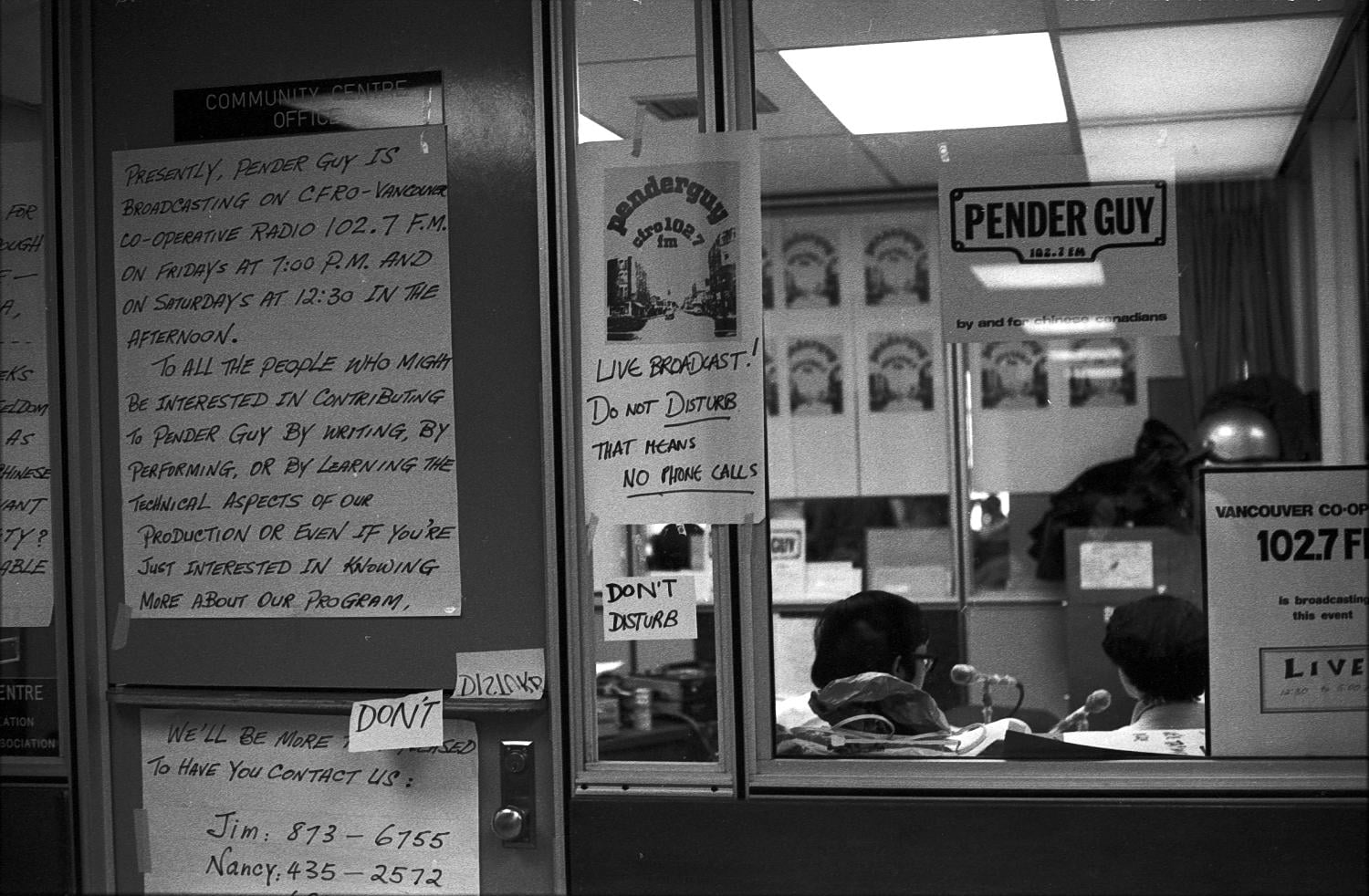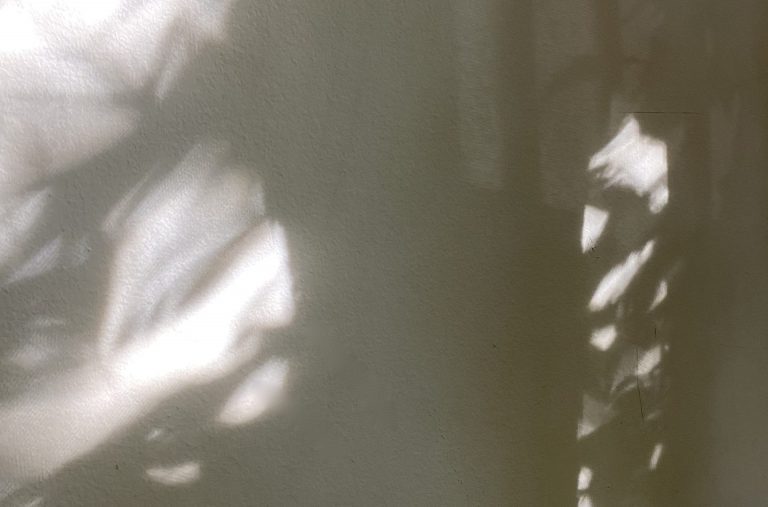In this podcast titled, “Kinships, Coalitions, and Community: Grassroots Asian Canadian Organizing on the Horizon,” I explore some of the conversations currently taking place within Asian Canadian literary and artistic circles as it relates to coalitional spaces and community building. Specifically, I look at the Asian Canadian Writers Workshop, a group of writers, scholars, and […]
Rachel Wong: Kinships, Coalitions, and Community: Grassroots Asian Canadian Organizing on the Horizon

In this podcast titled, “Kinships, Coalitions, and Community: Grassroots Asian Canadian Organizing on the Horizon,” I explore some of the conversations currently taking place within Asian Canadian literary and artistic circles as it relates to coalitional spaces and community building. Specifically, I look at the Asian Canadian Writers Workshop, a group of writers, scholars, and activists as well as a coop radio program from Vancouver called Pender Guy. To do this, I excavate a social history of the Asian Canadian community, its artists, and activists. By bringing in archival recordings of Pender Guy broadcasts, I take up the early work of Asian Canadian community building and examine how the coalitional spaces they carved out was foundational for community and unity within a disparate diasporic community. In other words, by turning briefly to the past to look to the horizons of Asian Canadian coalitional spaces and community building, I address the present moment of Asian Canadian literature and situate it within our present CanLit moment and address the space it currently occupies. This podcast also responds to some guiding questions of our Future Horizons conference, namely “how have historically underrepresented peoples used – and how are they using – creative practices to create alternative public spaces?” and to a lesser extent, “what challenges do diasporic and Indigenous communities bring to liberal notions of the public sphere?” by first tracing the trajectory of Asian Canadian literature from its loose beginnings in the late 1960s as a small collective of artists, through to the formal establishment of the Asian Canadian Writers Workshop, and the Pender Guy radio broadcast.
Acknowledgements
This podcast would not have been possible without guidance and support from Dr. Paul Barrett (Guelph). My sincere gratitude to Dr. Myra Bloom (York) and Dr. Jessica McDonald (SFU) for being so willing to impart their podcast wisdom on me and for their technical support. Many thanks also go to Jake Bermel (York), who provided the intro and outro music.
Rachel Wong is a Doctoral Candidate in the English department at York University. Her research investigates the trajectory of Asian Canadian literature and its intersections with community-based organizing and the diasporic experience. She holds an MA in Comparative Literature from Western University and a BA in English and History from Simon Fraser University.
Works Cited and Further Reading
Bermel, Jake. “The Other Side.” 2016, https://soundcloud.com/jake-bermel-431480199/my-song-2
Bersani, Leo and Adam Phillips. Intimacies. Chicago: The University of Chicago Press, 2008.
Choy, Wayson. The Jade Peony. Toronto: Douglas & McIntyre, 1995.
Coloma, Roland and Gordon Pon, Eds. Asian Canadian Studies Reader. Toronto: University of Toronto Press, 2017.
Episode 1.” Pender Guy. Vancouver Coop Radio, CFRO-FM, Vancouver, 18 July 1978.
Kogawa, Joy. Obasan. Toronto: Penguin Books, 1983.
Lee, SKY. Disappearing Moon Café. Toronto: Douglas & McIntyre, 1990.
Candelaria, Fred editor. “The Asian-Canadian and the Arts,” West Coast Review 16.1, Burnaby: Simon Fraser University, 1981.
Thien, Madeline. Simple Recipes. Toronto: Vintage Canada, 2016.
Wah, Fred. Diamond Grill: 10th Anniversary Edition. Edmonton: NeWest Press, 2006.
Wong, Rita. Monkeypuzzle. Vancouver: Press Gang Publishers, 2000.
Wong-Chu, Jim. Chinatown Ghosts. Vancouver: Arsenal Pulp Press, 1986.
Woo, Terry. Banana Boys. Toronto: Cormorant Books, 2005.
Yee, Paul et. Al., eds. Inalienable Rice: A Chinese and Japanese Canadian Anthology. Vancouver: Powell Street Review and the Chinese Canadian Writers Workshop, 1979.



